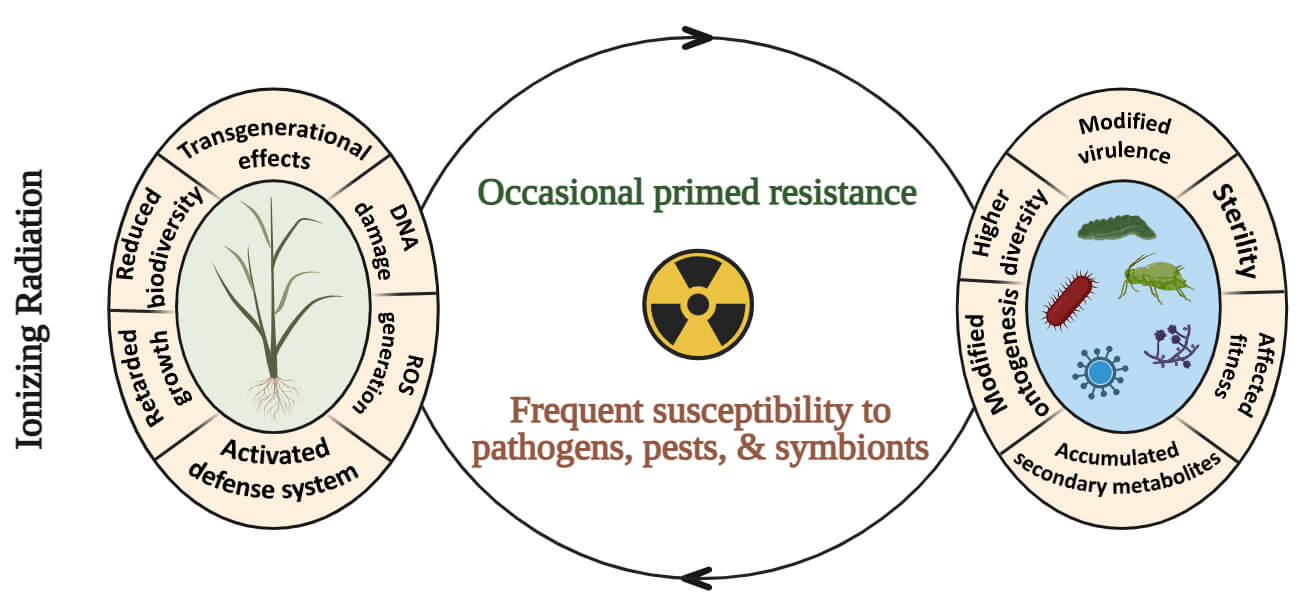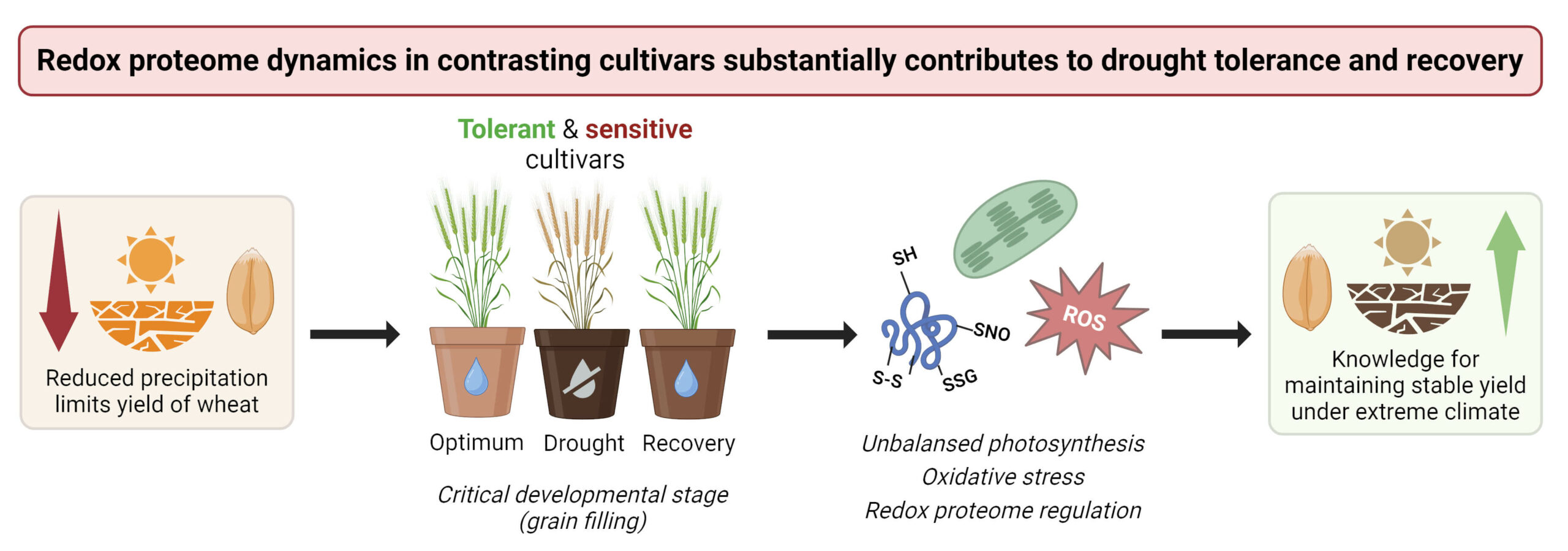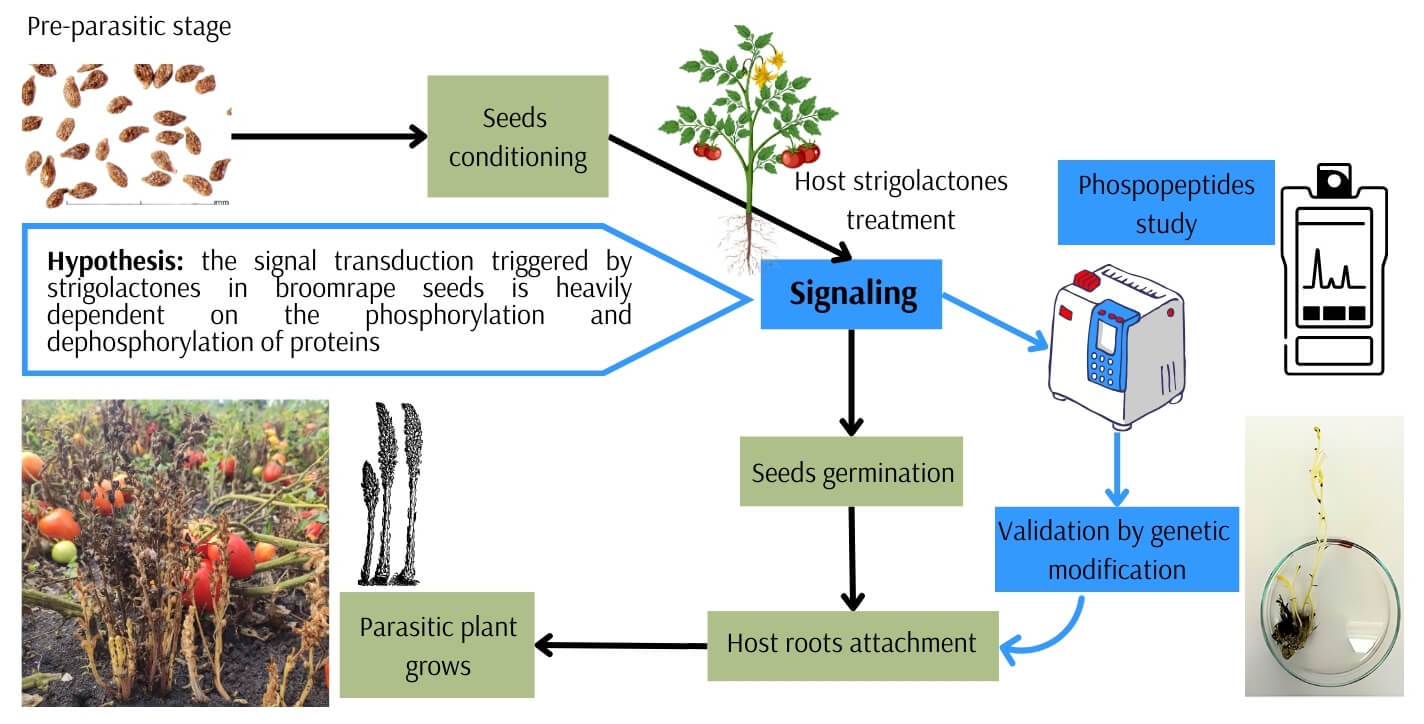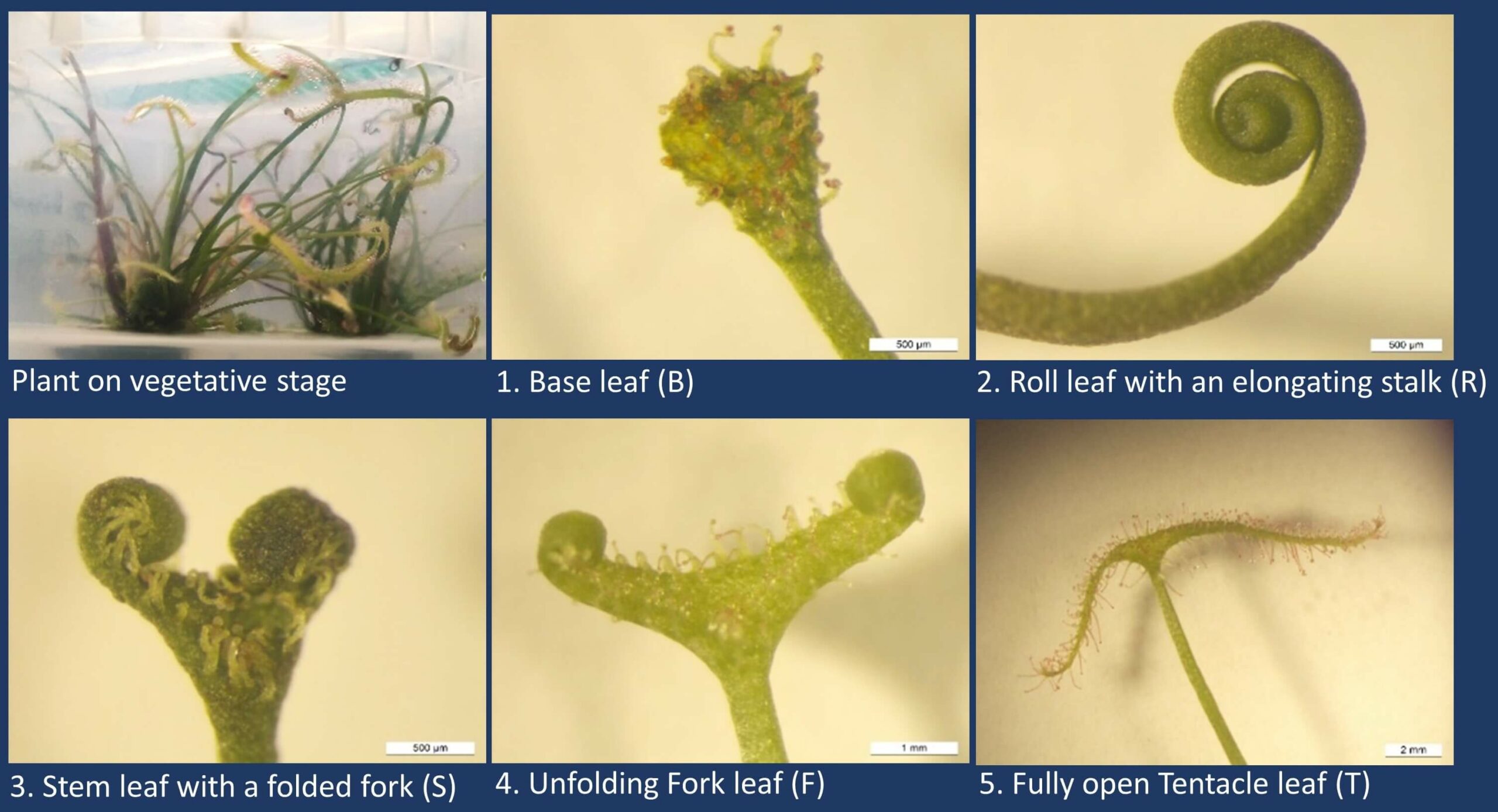The laboratory is functioning around Principal Investigator Maksym Danchenko, PhD. We explore the following research topics:
- Susceptibility of chronically irradiated aquatic plants to biotic factors.

Most environmental pollutants, including radionuclides, are persistent; hence, they chronically influence plants. Ionizing radiation is a ubiquitous stress factor with unclear consequences of prolonged exposure to low doses. The mechanism of damage to cellular biomolecules is likely mediated through reactive oxygen species. The central hypothesis is compromised phytoimmunity in aquatic plants, particularly common reed (Phragmites australis), naturally grown in contaminated lakes of the Chornobyl exclusion zone. We verified it with the laboratory feeding bioassays and explored biochemical mechanisms by front-end proteomics, including testing for the presence of an oxidative stress-related protein carbonylation. These findings will be validated and complemented using targeted enzymatic and immunolocalization assays. We aspire to close the intriguing knowledge gap in fundamental radiobiology and produce practical knowledge for monitoring contaminated lakes.
People: PhD Student Shubhi Mishra, MSc
Collaborators: Institute of Hydrobiology (Ukraine), Institute of Chemistry (Slovakia), and Belgian Nuclear Research Centre (Belgium)
Projects: APVV-20-0545 and VEGA 2/0106/22
Publications: Mishra S., Duarte G.T., Horemans N., Ruytinx J., Gudkov D., Danchenko M. Complexity of responses to ionizing radiation in plants, and the impact on interacting biotic factors (2024) Science of the Total Environment, 924, art. no. 171567, DOI: 10.1016/j.scitotenv.2024.171567
- Drought stress and recovery in crops

Climate change increases the frequency and severity of drought events, which negatively impact the yield of crops, affecting food security worldwide. Drought stress during reproductive development critically compromises grain formation in a vital crop—bread wheat (Triticum aestivum); however, the related mechanisms are still poorly understood. Our core ambition is to uncover new mechanisms involved in the drought resilience of plants, on the example of wheat. The topic is focused on (redox) proteome dynamics in flag leaves under a moderate water shortage and recovery at the reproductive stage of ontogenesis. We use a multifaceted methodological approach combining different advanced proteomic methods that are supported with complementary measurements of the physiological status of the plants, the reactive oxygen species content, and the expression of redox-related genes. The findings will be extended by in situ immunolocalization. Furthermore, based on proteomic data, the functional importance of candidate genes as factors defining drought resilience will be validated by knocking them out using contemporary targeted mutagenesis in the barley (Hordeum vulgare) model. We aspire to facilitate the development of an effective strategy for maintaining stable crop performance in water-limited climates.
People: Postdoctoral Fellow Olha Lakhneko, PhD and PhD Student Mohammad Umar, MSc
Collaborators: Institute of Plant Physiology and Genetics (Ukraine)
Projects: NextGenerationEU 09I03-03-V01-00005 and COST CA22157
Publications: Lakhneko O., Stasik O., Škultéty Ľ., Kiriziy D., Sokolovska-Sergiienko O., Kovalenko M., Danchenko M. Transient drought during flowering modifies the grain proteome of bread winter wheat (2023) Frontiers in Plant Science, 14, art. no. 1181834, DOI: 10.3389/fpls.2023.1181834
- Regulation of seed germination in parasitic weeds

Root parasitic plants are among the most economically damaging weeds. The parasites attack the root system of the hosts, stunting their growth and development. The primary goal is to elucidate the pathways involved in branched broomrape (Phelipanche ramosa) seed germination. We will conduct a (phospho)proteomic analysis of conditioned seeds (stratified at room temperature) and seeds induced for germination by synthetic strigolactone analog. We will use affinity enrichment followed by ultrahigh-performance liquid chromatography coupled with mass spectrometry. The discoveries will be validated by creating overexpressor broomrape lines. Identifying (phospho)proteins that respond to early signal transduction will provide valuable insights into managing parasitic plants.
People: Senior Scientist Radoslava Matúšová, PhD and Postdoctoral Fellow Maryna Kryvokhyzha, PhD
Collaborators: None
Projects: NextGenerationEU 09I03-03-V01-00142 and COST CA22102
Publications: Kleman J., Matusova R. Strigolactones: Current research progress in the response of plants to abiotic stress (2023) Biologia, 78 (2), pp. 307 – 318, DOI: 10.1007/s11756-022-01230-4
- Trap leaf development and digestion in carnivorous plants

Carnivorous plants are functionally adapted for growth in nutrient-poor soils. Particularly, forked sundew (Drosera binata) employs modified leaves—flypaper traps—that serve multiple functions, including prey capture/digestion, nutrient absorption, and photosynthesis. The morphological changes in the leaves begin during the early stages of development. We investigate the developing and mock-prey-induced sundew traps using multiomics, enzyme activity analysis, and phytohormone profiling. We expect the contribution to a better understanding of trap functionality and highlighting molecular targets for follow-up functional studies.
People: PhD Student Rohan Arjun Kale, MSc
Collaborators: Palacký University Olomouc (Czech Republic)
Projects: Doktogrant APP0553
Publications: Rajninec M., Jopcik M., Danchenko M., Libantova J. Biochemical and antifungal characteristics of recombinant class I chitinase from Drosera rotundifolia (2020) International Journal of Biological Macromolecules, 161, pp. 854 – 863, DOI: 10.1016/j.ijbiomac.2020.06.123

